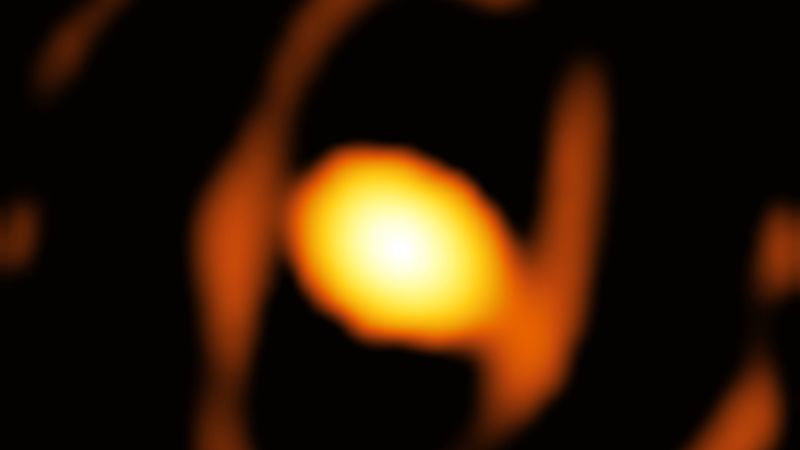
Thermal Control
Thermal control is the management of temperature in spacecraft and other space systems to ensure that they operate within safe temperature ranges and maintain optimal performance. In space, there is no atmosphere to conduct heat away from a spacecraft, so thermal control is critical to prevent overheating or freezing of sensitive components. Thermal control systems use a combination of passive and active techniques to manage temperature, including insulation, radiators, heaters, and heat pipes. Passive techniques rely on materials with low thermal conductivity to reduce heat transfer, while active techniques use electrical or mechanical systems to regulate temperature. Thermal control is essential for all space missions, from low Earth orbit to deep space exploration, and is a key consideration in spacecraft design and operation.
Your Previous Searches
Random Picks
- Lift And Drag: In the context of aerospace engineering, 'Lift and Drag' are two fundamental concepts that describe the forces acting on an aircraft during flight. 'Lift' is the force that directly opposes the weight of an airplane and holds the airplane i ... Read More >>
- Fiberglass: Fiberglass is a composite material made of fine glass fibers and resin. It is a lightweight and strong material that is commonly used in spacecraft construction due to its excellent thermal and electrical insulation properties. Fiberglass i ... Read More >>
- Byte: In space and astronautical engineering, a byte refers to a unit of digital information that consists of 8 bits. It is commonly used to represent a single character, such as a letter, number, or symbol, in computer systems and communication ... Read More >>
Top News

Archaeologists discover 4,000-year-old canals used to fish by predecessors of an...
Using drones and Google Earth imagery, archaeologists have discovered a 4,000-year-old network of earthen canals in what’s now Belize...
News Source: ABC News on 2024-11-22

First close-up image of a star beyond our galaxy may reveal impending supernova...
Astronomers have taken the first close-up image of a star beyond our galaxy, and it’s a “monster star” surrounded by a cocoon as it slowly dies....
News Source: CNN on 2024-11-21

Bestselling author explains the science of happiness: "You can do the work"...
Bestselling author and Harvard professor Arthur Brooks opens up about how enjoyment, satisfaction and meaning in life can increase a person's wellbeing....
News Source: CBS News on 2024-11-18

November's full moon, known as the Beaver Moon, is the last supermoon of 2024. H...
November's full moon, known as the Beaver Moon, is the last supermoon of 2024. Here's when it peaks and why it's called the Beaver Moon....
News Source: CBS News on 2024-11-15

You can't put a price on the sense of awe particle physics inspires...
Astronomy and particle physics are no longer seen as vital by the US establishment, so funding has fallen. But our work creates a sense of wonder, and wonder matters, says Chanda Prescod-Weinstein...
News Source: New Scientist on 2024-11-13